WASHINGTON, D.C. — The U.S. Virgin Islands could soon become a cornerstone to a massive trans-Atlantic submarine fiber optic cable project.
Last week, Congress passed the DiasporaLink Act. Passage of the bill is the first step in developing a a more than 3,000-mile-long fiber optic cable connecting the United States, and the Virgin Islands to Africa.
“DiasporaLink, in short, is running undersea cables between the U.S. mainland to the continent of Africa and using the U.S. Virgin Islands, as basically a waystation,” said Stephan Adams, the President and CEO of Virgin Islands Next Generation Network, known as viNGN.
Adams is playing an integral role in bringing DiasporaLink to the territory.
“By the time all is said and done, the cable is probably about three inches in diameter to hold these human-hair like glass fibers. You have these giant ships that spool it all up and they just run the entire 3,000 miles as one continuous cable run. And it’s laid on the sea floor,” said Adams.
DiasporaLink would connect mainland U.S. with Ghana and Nigeria, with St. Croix playing a key role in between. The mapped route for DiasporaLink is historic, and the name of the project is symbolic.
“DiasporaLink, when I envisioned it, was to be able to basically look at the slave trade of the Diaspora from Africa to the Caribbean to the mainland. And so we’re basically doubling it in the modern times, owning it, and saying, well, in modern times, DiasporaLink is the digital trade of digital goods and services through that same route,” said Adams.
Fiber optic cable runs across the globe and provides internet access at lightning speeds. But in compromised areas of the globe, cables have been damaged or destroyed, which creates national security and communications concerns. Adams says DiasporaLink can ease those concerns.
“It’s much more difficult with the Atlantic fleet to be able to tamper with cables from the U.S. mainland to the Virgin Islands and from the Virgin Islands to the continent of Africa, because the eastern fleet has a greater presence to be able to protect that data,” said Adams.
“I’m really grateful that my colleagues have seen not only the importance of having this in the Virgin Islands, but also that we need to be more engaged on the continent of Africa and what’s going on there,” said Rep. Stacey Plaskett (D- USVI). “We’re seeing tremendous movement in the continent, not just in coups and the fragility of democracy, but in our greatest adversaries, China and Russia just pillaging throughout the continent for all of the raw material and minerals that are there,” said Plaskett.
The project received its first nod of approval from the U.S. House last week. Lawmakers voted in an overwhelming bipartisan manner to approve Congresswoman Stacey Plaskett’s (D- USVI) legislation allowing the government to take the first step.
Specifically, Plaskett’s DiasporaLink Act directs the Assistant Secretary of Commerce for Communications and Information to submit to Congress a report on the cost and feasibility of developing the trans-Atlantic submarine fiber optic cable. The study will also review the importance of such a cable in the Virgin Islands for American interests in the region.
Adams says DiasporaLink could bring major benefits to the territory: increased bandwidth; enhanced infrastructure; new data centers and renewable power sources, just to name a few.
“Given the challenge that we have with electricity in the Territory, this presents the first opportunity to provide additional power generation,” said Adams.
Plaskett says the U.S. Virgin Islands serve as the perfect location for DiasporaLink, and that the territory is well equipped to become a global telecommunications hub.
“Because the Virgin Islands, specifically St. Croix, has within its space already, a National Guard as well as aerial support for drones and others. But we also have Global Crossings link between North and South America. The hub is on the island of Saint Croix,” said Plaskett.
She says DiasporaLink will be a win for national security, and for Virgin Islanders.
“I think the impact is going to be really large. Because that link is there, it means that we can also tap into it for digital jobs, for increasing our own engagement in the digital spaces and cybersecurity,” said Plaskett. “I think this is fantastic.”
The DiasporaLink Act now heads to the U.S. Senate for approval.
